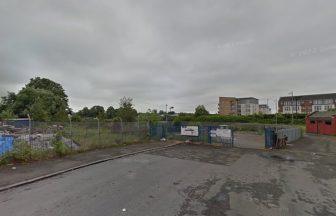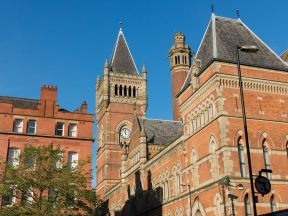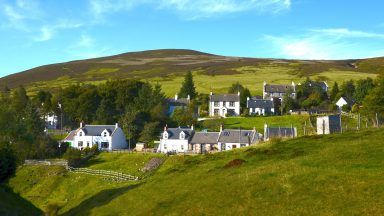The leader of Scotland’s largest teaching union is “hopeful” strike action in January can be averted – but warned educators are still preparing to walk out later this week.
Members of the Educational Institute of Scotland (EIS) are due to undertake industrial action over a tabled 5% pay rise branded “wholly inadequate” on Thursday, November 24.
The strikes, the first national action in almost 40 years, are set to shut almost every primary, secondary, special and nursery school across the country.
Further strikes were announced for early in the new year, but the union’s general secretary, Angela Bradley, said recent “informal discussions” with local authority body COSLA and the Scottish Government had prompted hopes of a new offer.
“As things stand, the EIS continues to plan for a day of national strike action on Thursday which is likely to close almost all schools in Scotland,” she told BBC Scotland’s Sunday Show.
“We are hopeful however, that over the course of this weekend Scottish government and Cosla colleagues will have been able to have arrived at an agreement around a more substantial offer than the 5% that was rejected in the the middle of September.
“I have been in informal discussions with the Scottish Government and I am hopeful that something that will be worth considering by our salaries committee will be forthcoming at the beginning of the week.”
Deputy first minister John Swinney previously said there was “nowhere left to go” for public sector pay deals.
The last national teachers strike on pay took place on February 26, 1985.
Bradley said some teachers were having to visit foodbanks to feed themselves and their families amid soaring costs for food and fuel.
She said: “Teachers should have had a pay increase in their bank accounts on April 1, this is now the middle of November and we have had nothing, zero, by way of a pay award against a backdrop of rising inflation.
“Which means they are struggling, they are struggling to meet the cost of food, fuel, energy, housing, such that some of our own members are now visiting foodbanks.”
She stressed the union was “prepared to negotiate” but added that even the 10% rise being sought would represent a “1.1% real terms pay cut” given the current rate of inflation.
Ms Bradley added: “That’s against a backdrop of teachers salaries having eroded to the tune of 25% since 2008 in real terms.”
Swinney warned on Thursday that increasing public sector pay will result in spending cuts.
“We’ve been very clear that in this financial year – because in the budget statement there is no new money for this financial year – I have no unallocated resources,” he said.
“If I want to put any more money into a public sector pay deal, beyond what’s already on the table, I have to cut public expenditure and public services.”
Follow STV News on WhatsApp
Scan the QR code on your mobile device for all the latest news from around the country


 iStock
iStock























